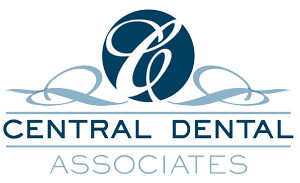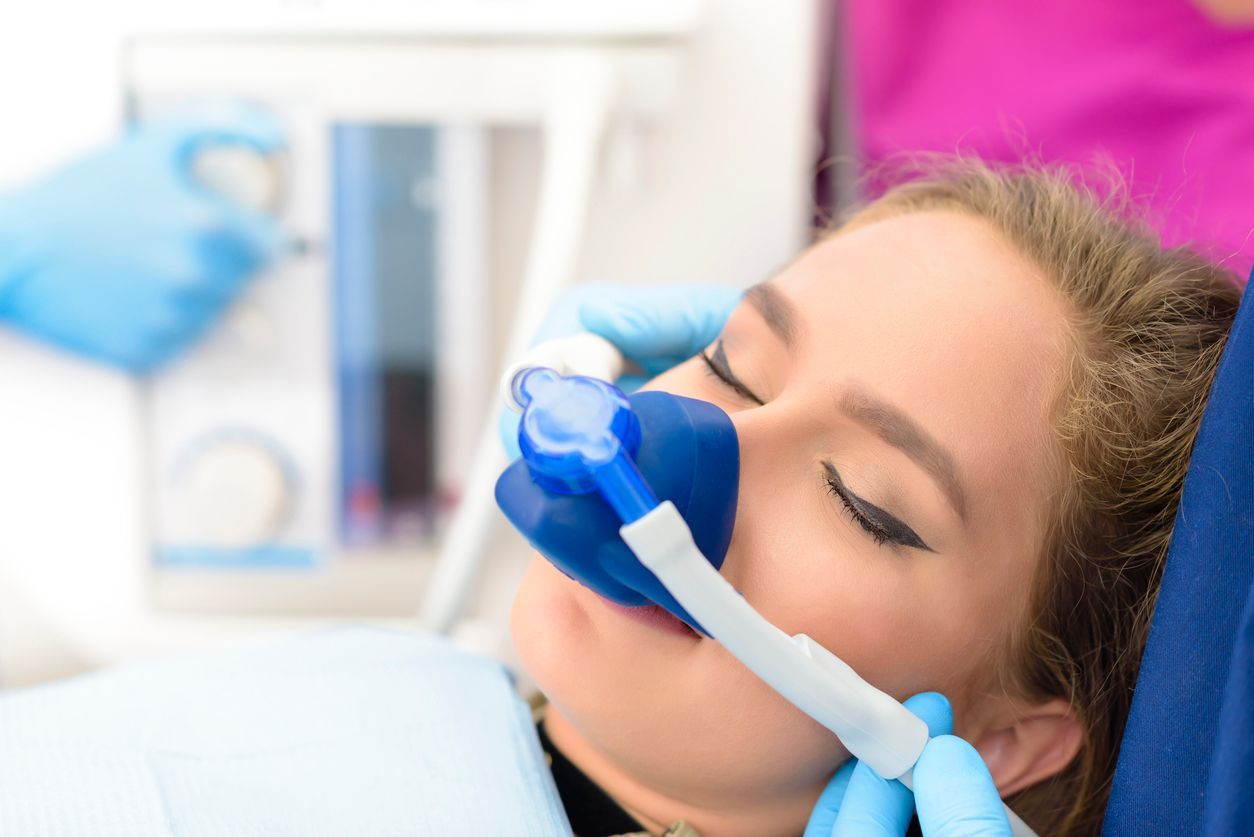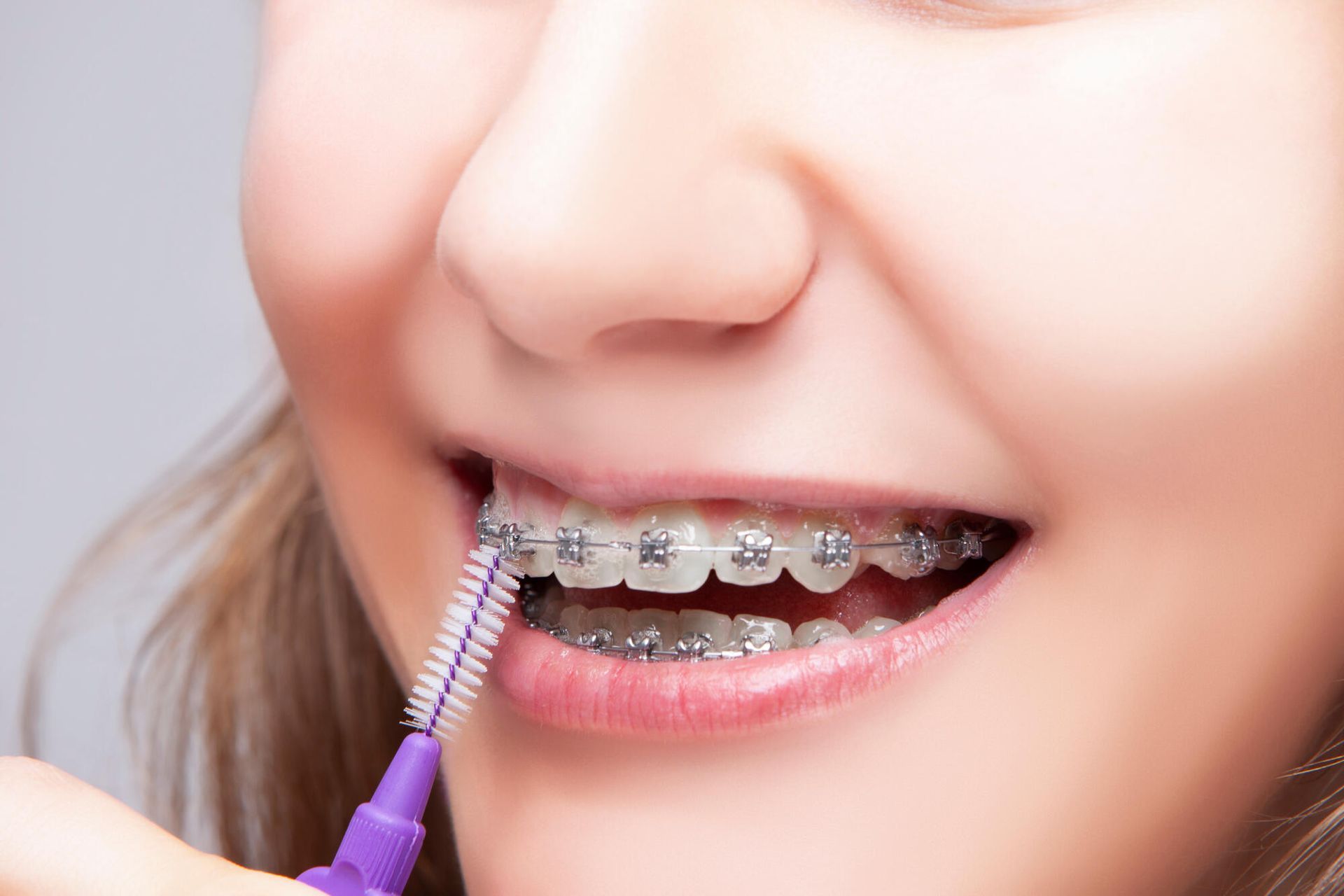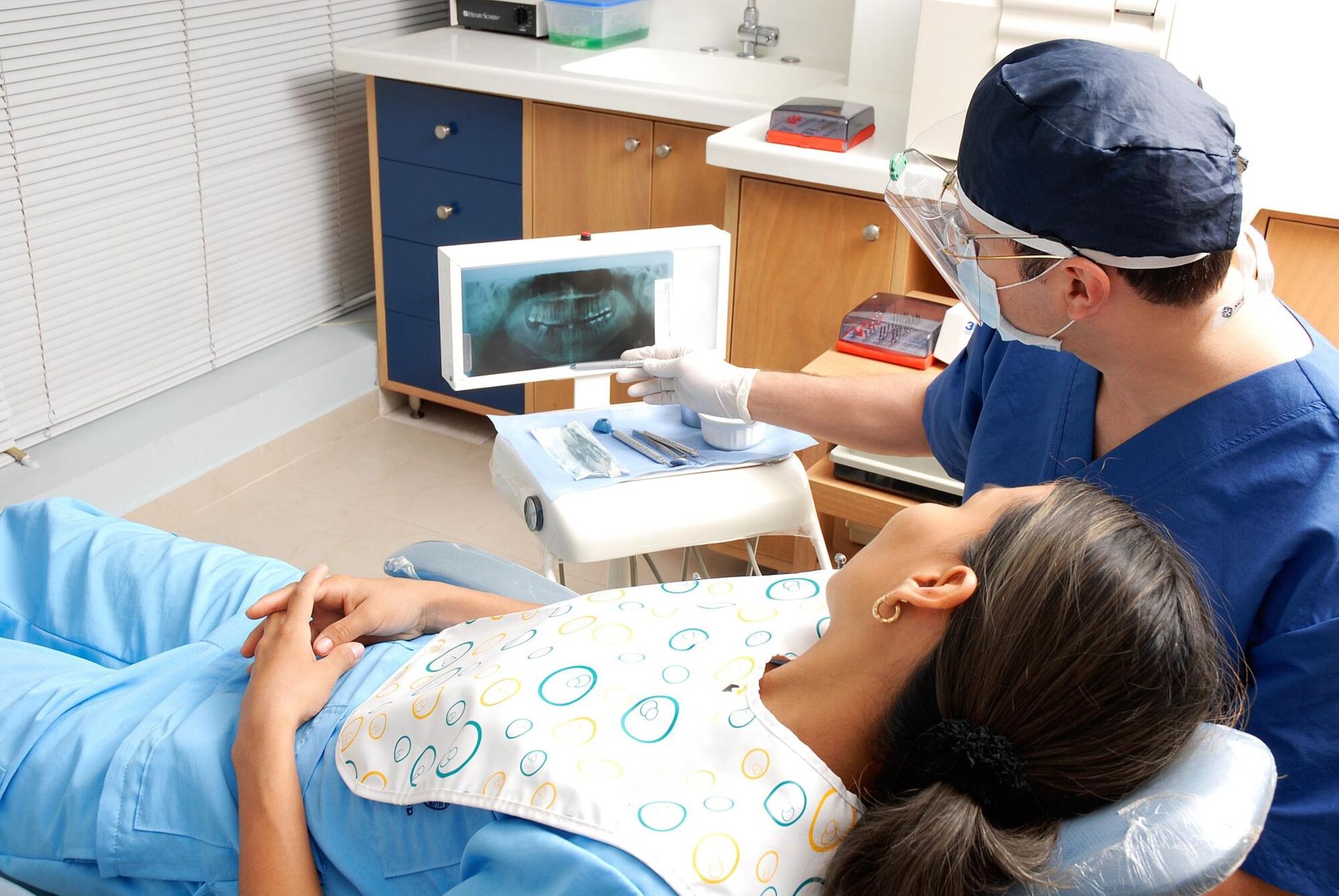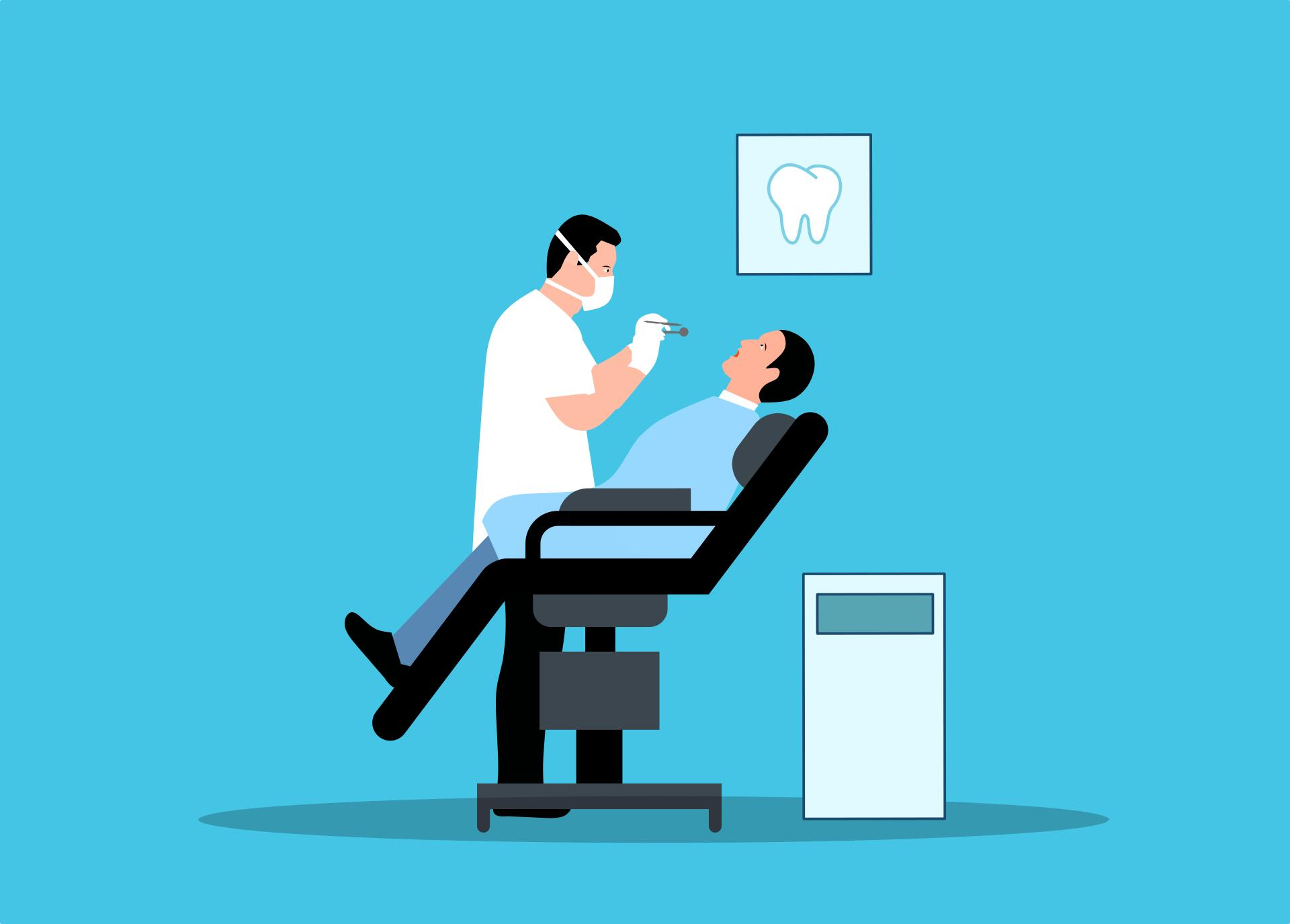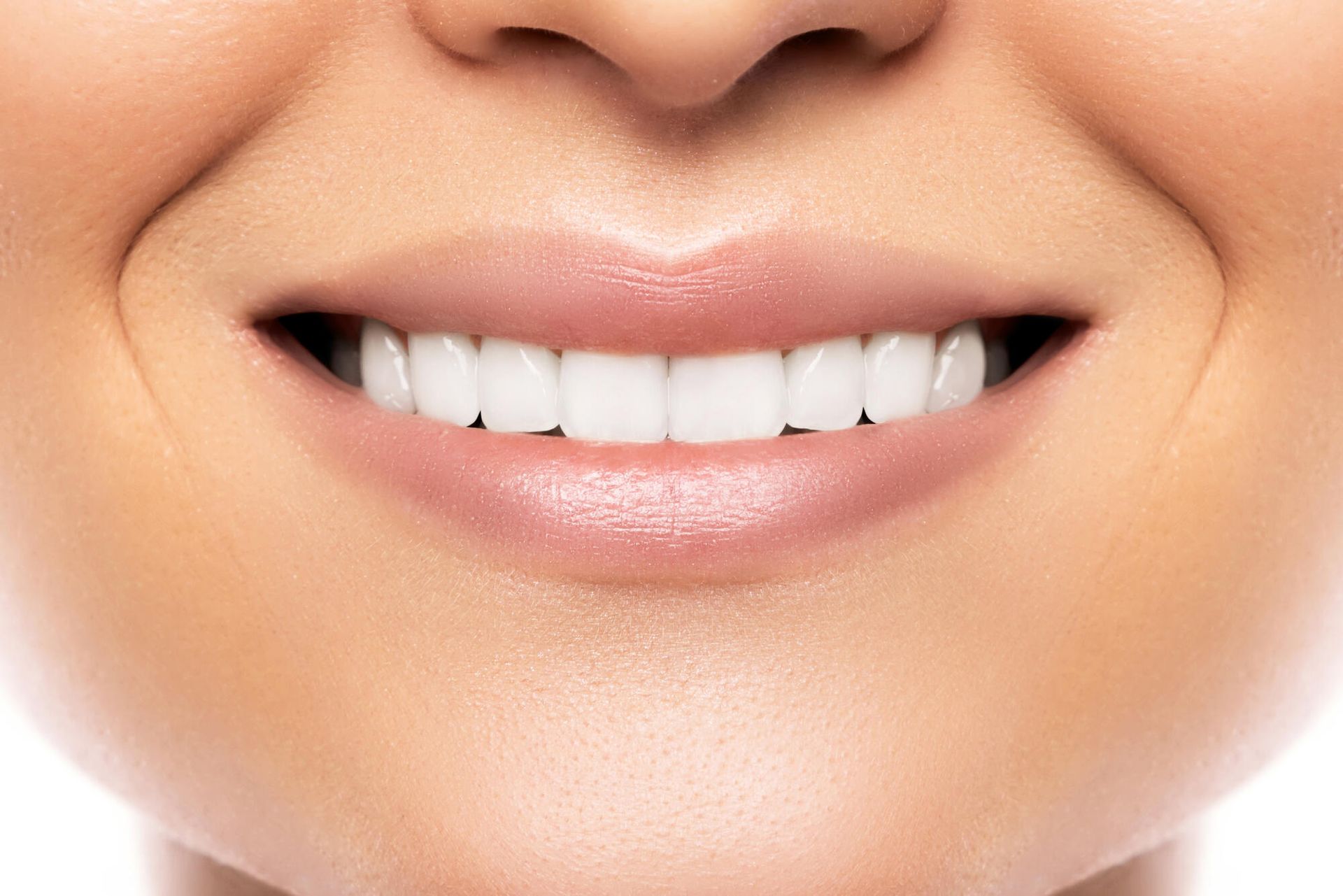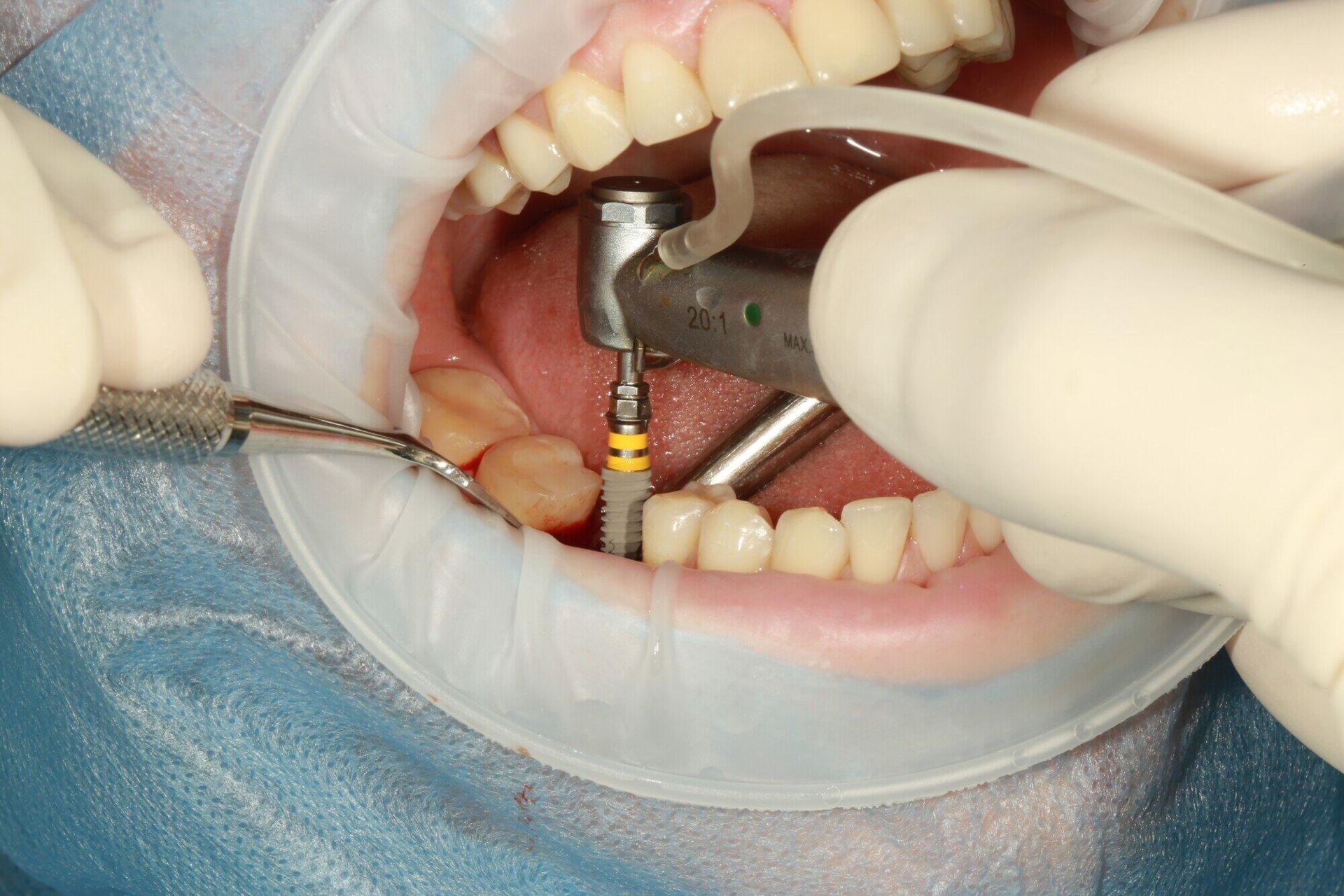Understanding Periodontal Disease: Symptoms, Treatments, and Prevention
19% of the global population suffers from periodontal disease. Are you one of them?
Periodontal disease is a chronic inflammatory condition that affects the gums and tissues. If left untreated, unhealthy gums can lead to difficulties in eating and speaking.
With this, it is crucial to know your oral condition if you feel discomfort. Are you curious about symptoms, treatments, and preventive measures for periodontal disease? Read this article to get a comprehensive understanding of unhealthy gums.
Gum Disease Symptoms
Periodontitis is the advanced stage of gum disease. Symptoms often go unnoticed until the disease has caused significant damage. Here are some symptoms to look out for.
Bad Breath
Periodontal disease arises from bacteria buildup along the teeth and gums. This can lead to halitosis or bad breath. It often also leaves a foul taste in the mouth.
Persistent bad breath can lower your self-esteem, hindering you from interacting with others. In severe cases, it leads to embarrassment, social withdrawal, or anxiety.
Damaged Gums
From red to swollen to bleeding to receding, unhealthy gums come in different forms. It is often a symptom of gum inflammation or gingivitis. Gum problems usually start at this stage before turning into periodontal disease.
Damaged gums result from plaque buildup along the gum line, irritating the gums. As a result, it causes redness, swelling, or bleeding even when you brush or floss. If left untreated, the gums will recede over time and expose the tooth and its roots.
This results in discomfort and increased gum sensitivity. Contact your dentist if the swelling or bleeding persists for days.
Pocket Formation and Pus
As periodontal disease progresses, your gums may start to pull away from your teeth. Pockets start to form around them, carrying bacteria and causing infection. If your body fights against it, pus can form inside the pockets.
This occurs due to the destruction of supporting tissues and bones. It often stems from poor oral hygiene and untreated gum inflammation.
Like damaged gums, pockets can cause severe discomfort and pain. Pus causes a bad taste in the mouth and contributes to halitosis.
Loose Teeth and Changes in Bite
After pockets form and pus develops, you can lose some teeth with untreated damaged gums. You can notice changes in how your teeth fit together when biting or chewing. The infection targets gum tissue and bones, weakening their attachment.
Changes in the bite can lead to more stress on the teeth and jaw, causing further dental problems.
Gum Disease Treatment
Periodontists are dentists who specialize in gum health. Here are some treatments you may encounter when consulting with a periodontist.
Professional Cleaning
If you experience halitosis and swollen gums, visit your dentist as soon as possible. Professional cleaning can help get rid of the plaque along the gum line. This reduces irritation and promotes healthier gums.
Dentists use specialized tools to scrape plaque and tartar away, followed by smoothing the surfaces. Go for professional cleaning at least once every six months to prevent buildup.
Taking Antibiotics
Periodontitis is a bacterial infection, so you can treat it with antibiotics. Antibiotics are often reserved for acute infections or severe cases of periodontitis. The best way to find out if you need antibiotics is to consult your dentist.
They will be able to determine the severity of your condition and the best course of treatment.
Flap Surgery
Severe cases of periodontitis may require invasive surgery like flap surgery. This particular treatment focuses on pocket reduction. Periodontists lift the gums to remove plaque and tartar.
This treatment helps reduce the depth of the gum pockets. It makes it easier for specialists to clean the affected area. To finish, the periodontist sutures the gums back into place.
Tissues and Bone Grafts
Bone and tissue grafts involve the regeneration of lost bone and gum tissue. They help restore the structures of the teeth. In most cases, these use donor materials or synthetic substitutes.
Grafting works by placing the material in the area of loss. If your periodontist needs to replace a bone, they use bone from other parts of your body or synthetic materials. Tissue grafts use donor tissue, synthetic material, or tissue from your body.
Laser Therapy
For advanced treatment, you can opt for laser therapy. This treatment involves the use of light energy to treat escalated cases of periodontal disease. Unlike grafting, this is a less invasive option.
As its name suggests, your periodontist uses a laser in this treatment. It targets and eliminates the disease area, sterilizes it, and stimulates regeneration. In severe cases, periodontist care can combine treatments to achieve desired results.
Prevention
For every disease and illness, prevention is the best strategy. The following are preventive measures in stopping the development of periodontal disease.
Shifting to a Healthy Lifestyle
A healthy lifestyle is essential regardless of age. Incorporate a balanced diet, exercise often, and avoid harmful habits.
By practicing a healthy lifestyle, you can boost your immune system. This strengthens your body's ability to fight off inflammation and disease.
Take Care of Your Oral Health
Brushing your teeth is only one step in maintaining good oral hygiene. While toothbrushes clean your teeth, they cannot effectively reach tight corners. Floss helps remove plaque and food particles along your gum line and in between the teeth.
Oral health is an essential part of physical health, so don't forget to take care of your mouth.
Having Regular Dental Visits
To ensure good oral health, schedule regular check-ups with your dentist. It is an essential preventive measure that involves assessment, maintenance, and cleaning. Moreover, it detects and manages problems before they get worse.
Treat Unhealthy Gums Today
With a better understanding of periodontal disease, you can seek appropriate treatments, and follow preventive measures. With this, you can maintain not only healthy teeth but also healthy gums!
Are you looking for a reputable dental clinic in your area? At Central Dental Associates, our outstanding dentists provide quality oral healthcare services. You can be guaranteed to receive the best treatment you need.
If you are having gum problems, contact us at Central Dental Associates right away!


